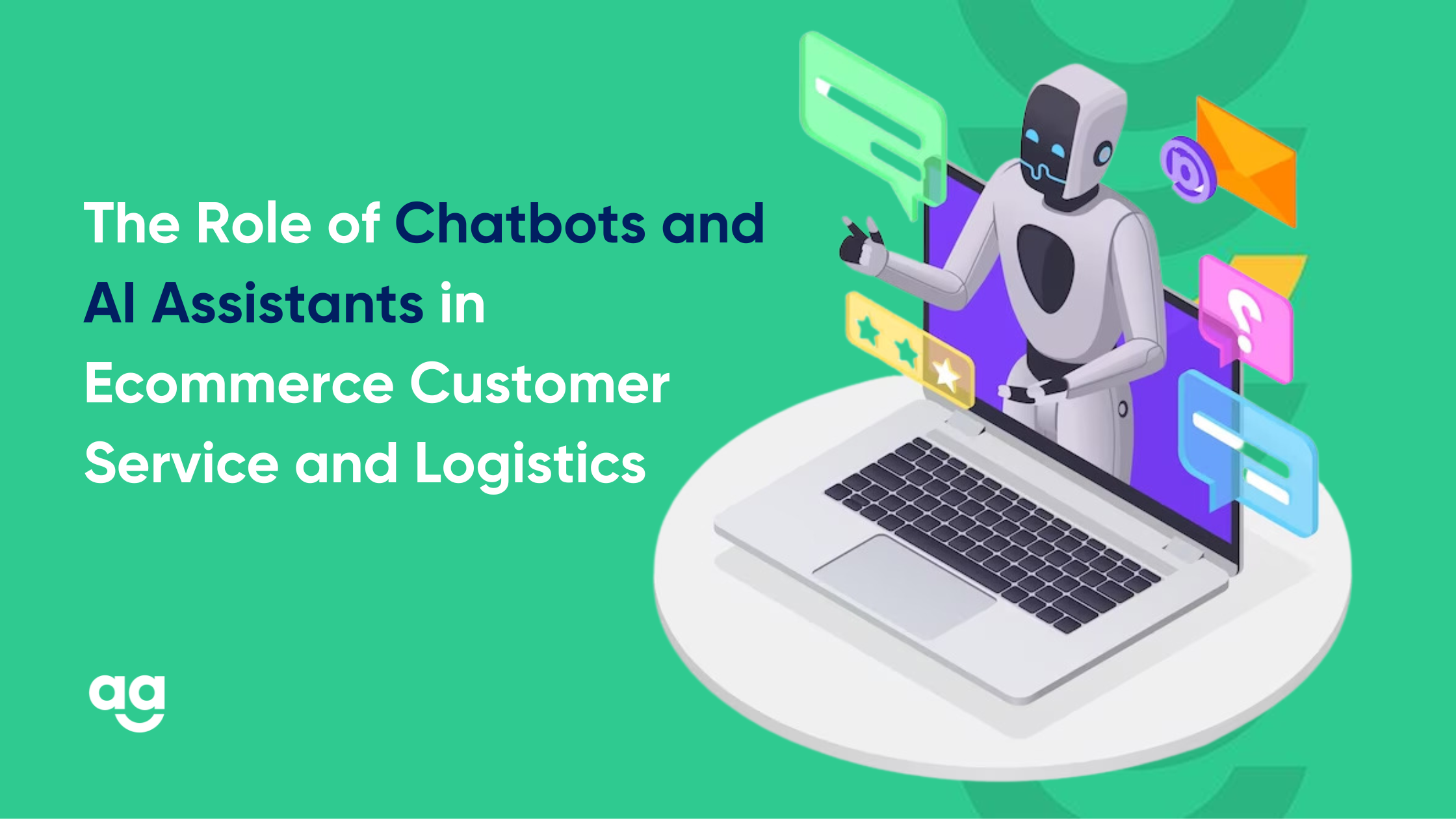Introduction
In the rapidly evolving world of ecommerce, providing exceptional customer service and efficient logistics is essential for success. With advancements in artificial intelligence (AI), chatbots and AI assistants have emerged as powerful tools to streamline customer interactions and enhance logistics operations.
In this blog post, we will explore the role of chatbots and AI assistants in ecommerce customer service and logistics, highlighting their benefits and potential applications.
8 Benefits of Chatbots and AI Assistants in Ecommerce Customer Service and Logistics
1. 24/7 Customer Support
One of the key advantages of chatbots and AI assistants in ecommerce is their ability to provide round-the-clock customer support. Unlike human customer service representatives who have limited working hours, chatbots can be available 24/7, addressing customer queries and concerns at any time. This ensures a prompt and consistent customer experience, leading to increased customer satisfaction and loyalty.
2. Instant Responses and Improved Efficiency
Chatbots excel at providing instant responses to customer inquiries. By leveraging AI algorithms and natural language processing (NLP) capabilities, chatbots can understand and respond to customer queries in real-time. This eliminates the need for customers to wait for human agents to become available, resulting in faster issue resolution and improved efficiency in customer service operations.
3. Personalized Customer Interactions
AI-powered chatbots can analyze customer data and provide personalized recommendations and assistance. By leveraging historical purchase data, browsing behavior, and preferences, chatbots can offer tailored product recommendations, suggest complementary items, or provide order tracking updates. This personalized approach enhances the customer experience, increases engagement, and improves cross-selling and upselling opportunities.
4. Handling Frequently Asked Questions (FAQs)
Chatbots are particularly effective at handling frequently asked questions (FAQs) and repetitive inquiries. By utilizing a predefined knowledge base and machine learning algorithms, chatbots can quickly retrieve relevant information and provide accurate answers to common customer queries. This frees up human agents’ time to focus on more complex issues, resulting in greater productivity and enhanced customer service quality.
5. Seamless Order Tracking and Updates
AI assistants can play a crucial role in providing seamless order tracking and updates to customers. By integrating with logistics systems, AI assistants can retrieve real-time information on order status, shipment tracking numbers, and delivery updates. Customers can receive automated notifications via chatbots, SMS, or email, keeping them informed about their orders’ progress. This transparency enhances customer trust and reduces customer inquiries related to order status.
6. Intelligent Routing and Logistics Optimization
AI-powered systems can optimize logistics operations and streamline the delivery process. By analyzing data such as order volume, delivery locations, traffic conditions, and weather forecasts, AI assistants can generate intelligent routing plans for delivery drivers. This optimization leads to shorter delivery times, reduced fuel consumption, and improved overall logistics efficiency. AI can also assist in route planning to minimize congestion and identify the most efficient routes for multiple deliveries.
7. Proactive Customer Engagement
Chatbots and AI assistants can proactively engage with customers, offering personalized recommendations, promotions, or notifications based on their preferences and browsing history. Through proactive outreach, ecommerce businesses can enhance customer engagement, drive sales, and increase customer satisfaction. AI assistants can also send automated reminders for abandoned shopping carts, encouraging customers to complete their purchases.
8. Continuous Learning and Improvement
AI-powered chatbots and assistants continuously learn and improve over time. By analyzing customer interactions and feedback, AI algorithms can identify patterns, understand customer preferences, and adapt responses accordingly. This iterative learning process allows chatbots to provide increasingly accurate and helpful information, further enhancing the customer service experience.
Conclusion
Chatbots and AI assistants play a pivotal role in ecommerce customer service and logistics. They offer 24/7 customer support, provide instant responses, and improve overall efficiency. With continuous learning and improvement, chatbots and AI assistants are poised to become even more indispensable in the ever-evolving world of ecommerce, driving customer satisfaction, loyalty, and business success and these can elevate your Ecommerce business to a new level.







 Shipping
Shipping







